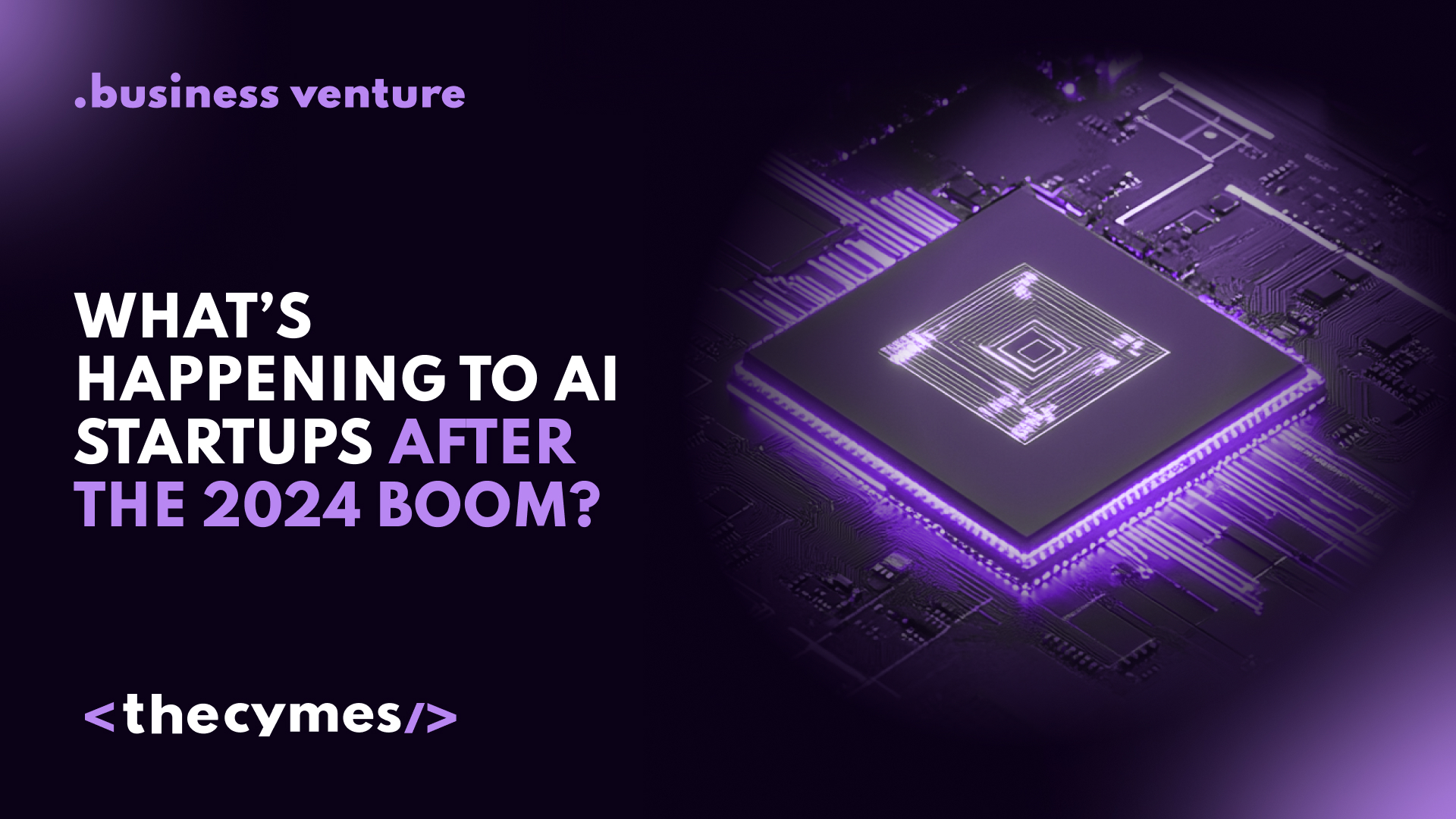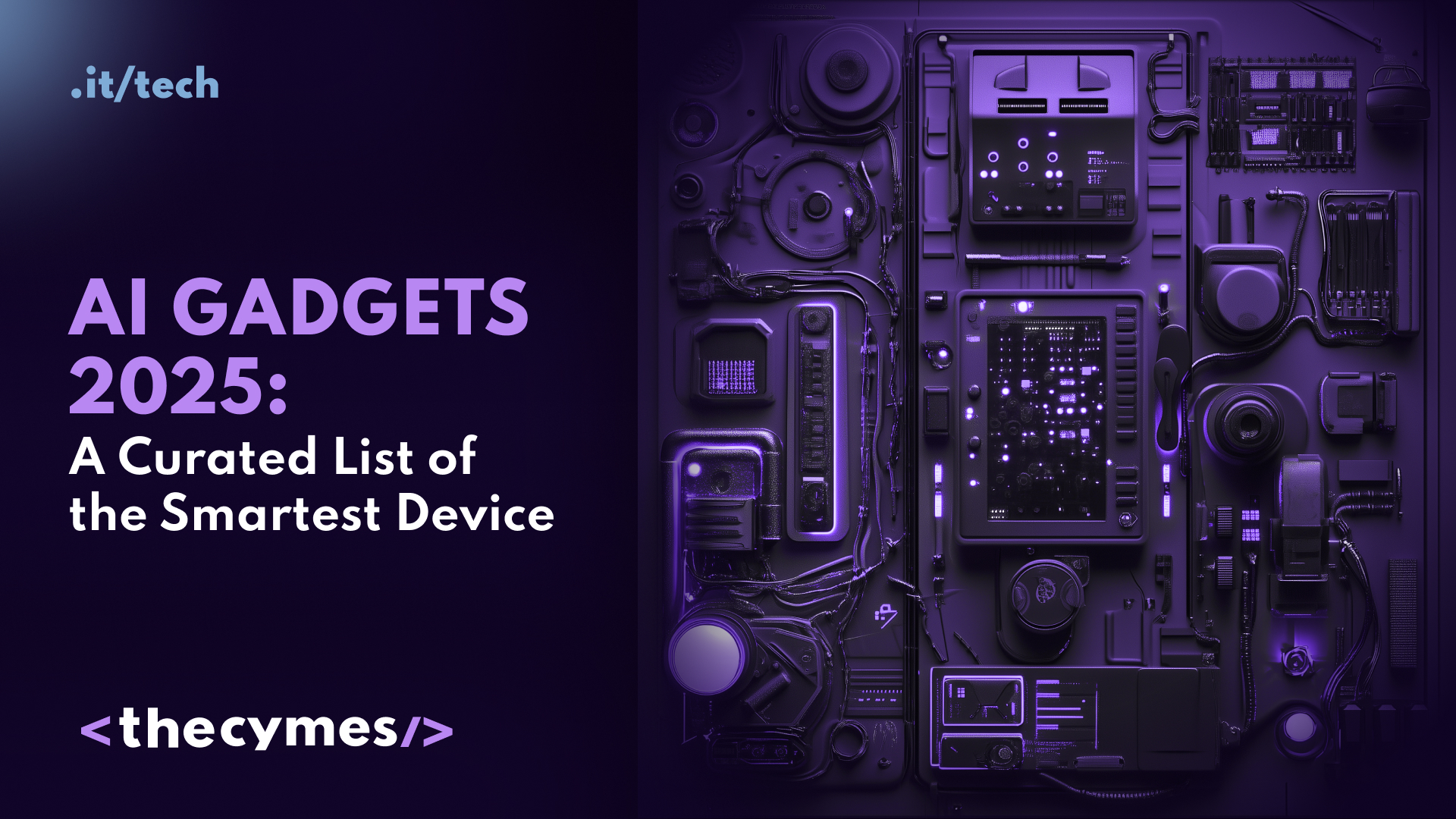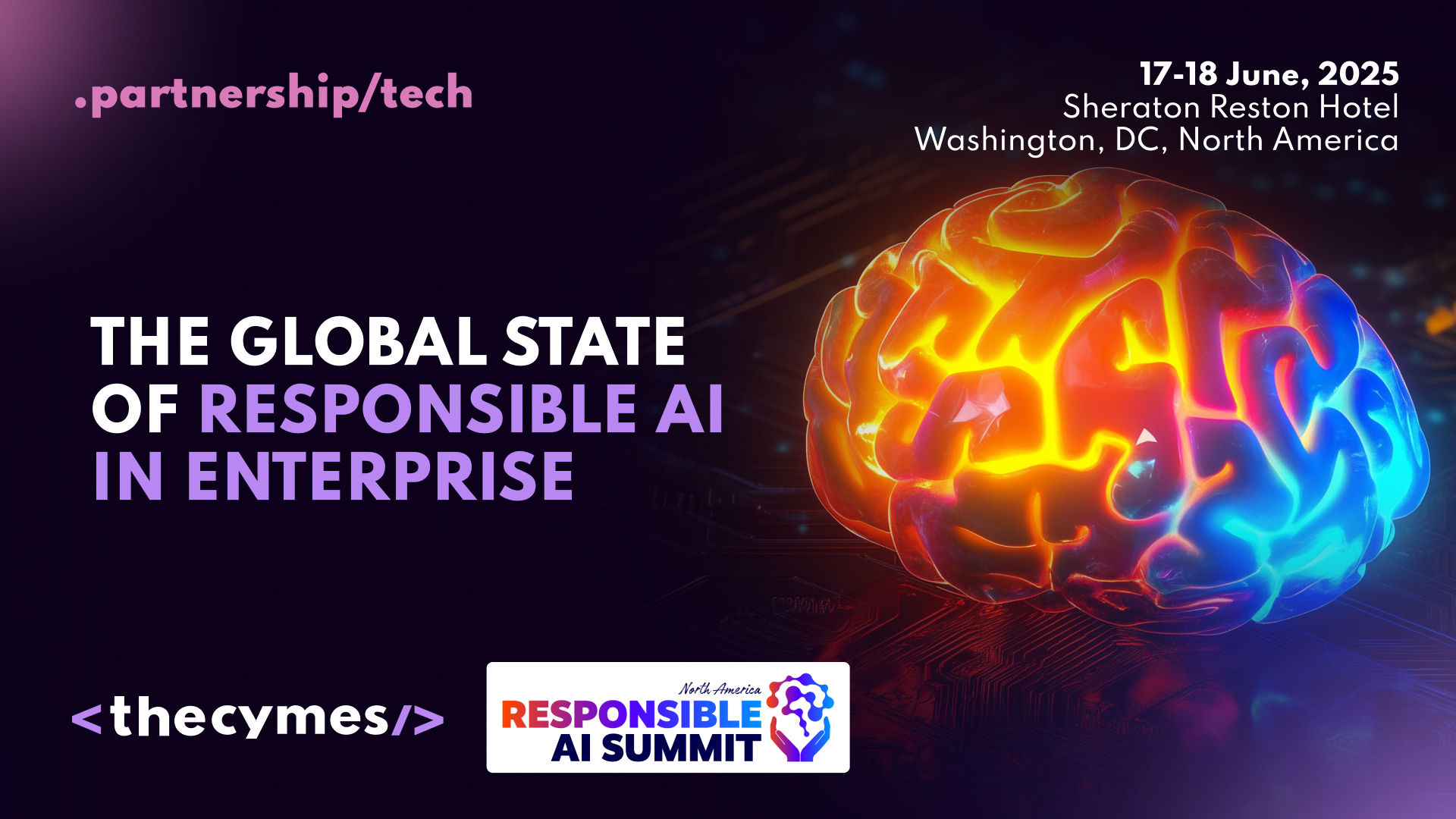.business venture28 April 10:38
0<
What’s Happening to AI Startups After the 2024 Boom?
/>After the 2024 AI startup boom, the market is undergoing a major shift. Hype is fading, investors are demanding real results, and only startups solving real-world problems are thriving. Discover why the era of AI agents, industry-specific solutions, and ethical AI is reshaping the future — and what it means for startups and investors in 2025. be updated on the latest tech newsGet exclusive news updates and overview on tech market




